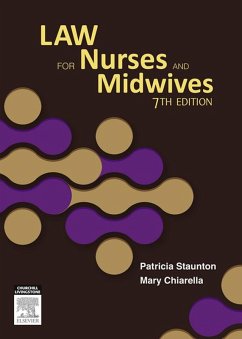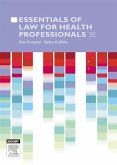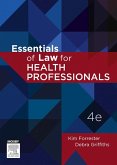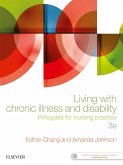Law for Nurses and Midwives, 7th edition gives undergraduate and postgraduate nursing and midwifery students a concise introduction to the law as it pertains health care provision in Australia.
As students will already appreciate, nursing and midwifery practice involves making decisions with and for others. This often requires evaluation of best interests and obligations and an assessment of what will best protect or enhance a patient or client's wellbeing. Understanding the application of current legal statutes - particularly those relating to negligence and consent - as they apply to professional practice is therefore essential for all nurses and midwives.
Law for Nurses and Midwives, 7th edition provides students with information and knowledge necessary to make well informed and considered decisions - both for themselves and for those under their care.
The six previous editions of this text were published as Nursing & the Law, and this seventh edition builds upon their established high regard. With its new title, Law for Nurses and Midwives reflects recent regulations changes under Australian National Registration, implemented in July 2010.
All Australian state and territory statutes have been revised and Chapter 8: Professional regulation of nursing practice has been completely rewritten. There is now a specific section included on Maternity Services law to address the new standards and guidelines for eligible midwives.
Students will benefit from actual legal cases within the book, which provide examples of the law in context, while extensive endnotes offer detailed referencing. Tables and boxed information highlight the most up-to-date data, research and statutes for ease of reference.
- Completely revised to reflect recent changes in legislation and regulations
- Chapter 8 now fully updated for national registration requirements
- A specific section on Maternity Services law
- A valuable resource for nurses and midwives returning to the workforce who are seeking an Australian law text to assist with CPD for National Registration
- More accessible language throughout
Dieser Download kann aus rechtlichen Gründen nur mit Rechnungsadresse in A, B, BG, CY, CZ, D, DK, EW, E, FIN, F, GR, HR, H, IRL, I, LT, L, LR, M, NL, PL, P, R, S, SLO, SK ausgeliefert werden.









